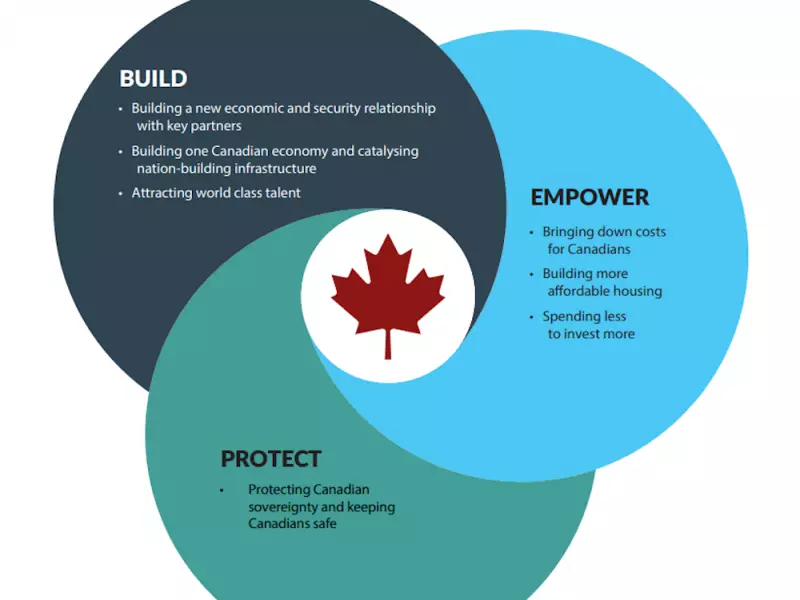
If you've tried reading Canada's Budget 2025 document, you might need a translator to understand what the government is actually proposing. The latest fiscal plan is stuffed with bureaucratic buzzwords and technical terms that obscure more than they reveal.
The Most Confusing Budget Terminology
Finance officials seem to have created their own language for this year's budget, using phrases that would make most Canadians scratch their heads. Here are some of the most egregious examples:
1. 'Horizontal Fiscal Stabilization'
This mouthful describes a program that helps provinces facing sudden revenue drops. While important, the terminology makes simple concepts sound unnecessarily complex.
2. 'Iterative Consultative Framework'
Translation: they talked to people multiple times. This fancy phrase for ongoing discussions appears throughout the document, suggesting a process of repeated conversations with stakeholders.
3. 'Multi-jurisdictional Collaborative Mechanism'
What this really means is different levels of government working together. The bureaucratic label turns simple cooperation into an impenetrable concept.
Why Clear Language Matters
When billions of taxpayer dollars are at stake, clarity shouldn't be optional. Opaque language creates several problems:
- Reduces accountability: When policies are hard to understand, they're harder to question
- Limits public engagement: Average Canadians tune out when confronted with government-speak
- Hides true intentions: Complex terminology can obscure the real impact of policies
Plain Language Alternatives
Government communications don't need to be this complicated. Simple alternatives exist for even the most technical budget terms:
- Instead of "fiscal stabilization," say "provincial emergency funding"
- Replace "consultative framework" with "discussion process"
- Use "intergovernmental cooperation" instead of "multi-jurisdictional collaborative mechanism"
Budget 2025 contains important information about Canada's economic direction, but you'd need a degree in bureaucratic linguistics to understand it all. As taxpayers fund these initiatives, we deserve explanations in language we can actually comprehend.





